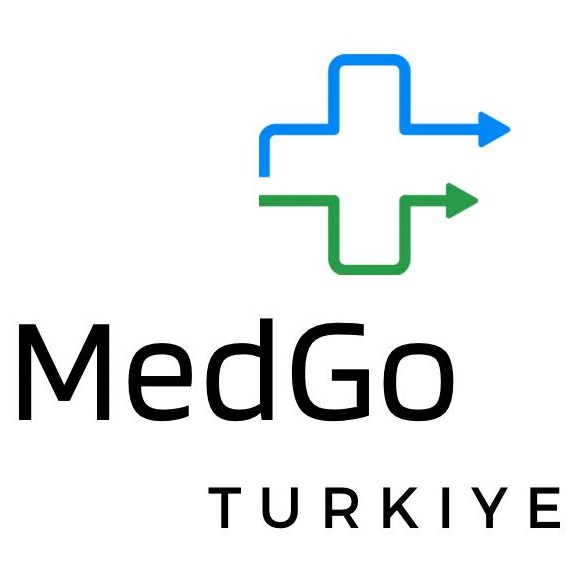It is not enough to look at weight to decide whether a person is obese. A person’s height and weight must accordingly be calculated and assessed in relation to an allocated norm, i.e. the body mass index. A BMI greater than 30 is obesity, greater than 40 is morbid obesity, and greater than 50 is super morbid obesity. These obese patients are very likely to develop many life-threatening diseases such as cancer, heart disease, and metabolic syndrome.
Obesity is a major cause of many diseases
Health risks associated with obesity
Diabetes (type 2 diabetes)
Cardiovascular disease
Cancer
Lung disease (COPD, asthma)
Hypertension
Joint pain
Gallstones
Sleep apnoea
Reflux
Digestive disorders
Depression
Social isolation
Exclusion
Lack of self-confidence
Low self-esteemDietary and lifestyle changes are essential in the fight against obesity. However, this is not enough to permanently control weight in morbidly obese patients, and many patients fail to get rid of their excess weight. Obesity surgery is an extremely effective method of permanent weight control in overweight patients. Obesity surgery consists of gastric tube and bypass surgeries called “gastric sleeves”. Which surgery will be performed is determined depending on the patient’s condition.
In tubular stomach surgery, also known as gastric sleeve resection, the volume of the stomach is reduced so that the patient feels full with very little food. For this purpose, a certain part of the stomach is surgically removed and a tube-shaped stomach is left behind. Also, the patient does not feel hunger in the stomach because the part of the stomach that secretes the hunger hormone is removed. With this surgery, only the amount of food consumed is restricted; the patient does not need to take additional vitamins or minerals because the digestion of food continues in the same way.
Doctors’ recommendations should be taken into consideration
The risk of weight regain after gastric sleeve resection surgery is very low, but eating habits must be changed, and in order to maximise the benefits of this physiology, the patient should eat only as prescribed by the doctor and at the specified meals. In almost all cases where weight is regained long after the operation, the volume of food intake is not increased. The reason for weight regain is high-calorie snacking between meals. Therefore, the recommendations of a doctor or nutritionist should not be ignored.
Diabetes, blood pressure and sleep problems disappear
Patients who underwent surgical treatment and lost weight increased their life expectancy by up to 10 years. It also cures many diseases such as diabetes, blood pressure and sleep apnea. In addition, the likelihood of developing cardiovascular disease, cancer, endocrinological disorders, infectious diseases and mental disorders is reduced in patients who have undergone surgery and recovered from obesity. Of course, regular follow-up after surgery should not be compromised, the diet plan determined by the specialist should be strictly followed, and improper exercise should be avoided.


